

The Future Of Work (FOW): The Skills That Will Shape Your Success
The future of work has changed. With technology evolving at breakneck speed and industries shifting to meet new demands, the job market is in the midst of a transformation.
So, what does this mean for you? For parents guiding their children, for educators shaping young minds, and for businesses striving to stay competitive, understanding the skills of the future isn’t just helpful, it’s essential.
The World Economic Forum’s Future of Jobs Report offers a glimpse into what lies ahead, and the findings are both startling and full of opportunity. By 2025, the way humans and machines share work will change dramatically, displacing 85 million jobs while creating 97 million new ones; roles designed to fit a rapidly evolving digital landscape.
But here’s the real takeaway: skills are becoming more valuable than job titles. The report predicts that half of all employees will need reskilling by 2025 to remain relevant in the workforce. Organizations that invest in upskilling their people won’t just future-proof their teams, they’ll thrive.
This shift isn’t just about companies; it’s about individuals. Whether you’re an employee, a student, or an entrepreneur, the question isn’t if change is coming, it’s whether you’ll be ready for it.
The future belongs to those who embrace learning, adaptability, and growth. So, what will you do today to prepare for tomorrow?
- For Parents: How are you preparing your child to navigate a world where AI, automation, and rapid innovation will shape their opportunities? Beyond academics, are they developing critical thinking, adaptability, and emotional intelligence – skills that machines can’t replicate? Are you encouraging lifelong learning, resilience, and problem-solving?
- For Employers: The workforce of tomorrow is being built today. Have you started investing in reskilling and upskilling your employees? Are you fostering an environment where innovation, agility, and human-centric skills are prioritized? The businesses that prepare now will be the ones leading in the future.
The reality is clear: The future isn’t waiting. It belongs to those who are ready to adapt, evolve, and lead. What steps are you taking today to ensure success tomorrow?
The Parent's Playbook:
How to Navigate Extracurricular Activities for Success
Sign up now and get PDF.
How To Prepare Young Employees For The Future – 30 Valuable FOW Skills (Organized into 6 Categories)
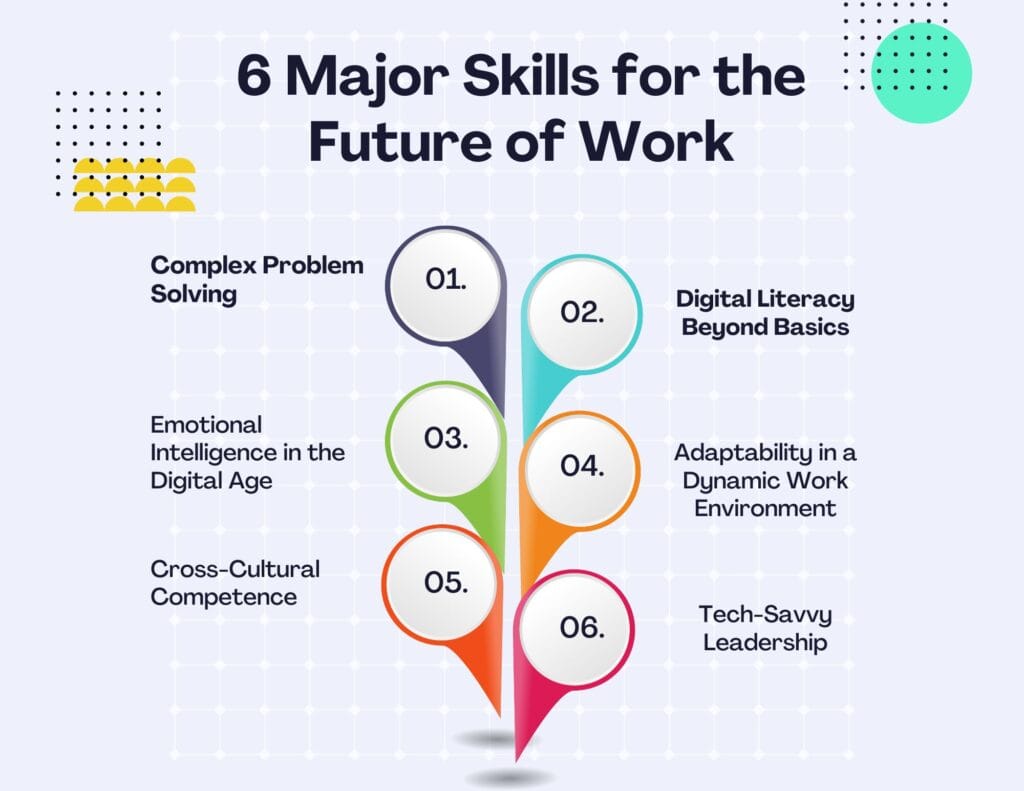
1. The Skill That Will Define Your Future: Complex Problem-Solving
The world is shifting fast. Automation is replacing repetitive tasks, and artificial intelligence is making decisions at lightning speed. So, what will set humans apart in the workplace of the future?
The ability to solve complex problems.
This isn’t just about solving puzzles or cracking codes. It’s about navigating uncertainty, thinking critically, and finding creative solutions when the path ahead isn’t clear. It’s about seeing challenges as opportunities rather than roadblocks.
Here’s what makes complex problem-solving a game-changer:
- Critical Thinking: The power to break down complicated issues, ask the right questions, and make sound decisions. It’s the difference between reacting impulsively and responding wisely.
- Creativity: The courage to think differently and outside the box. The ability to connect ideas in unexpected ways, challenge the status quo, and innovate solutions no one else sees.
- Design Thinking: A human-centered approach to problem-solving that focuses on understanding people’s needs and designing solutions that truly work. It’s about empathy, strategy, and execution; all rolled into one.
In a world where technology is evolving at breakneck speed, these skills will keep you relevant, resilient, and ready for anything.
So, the question is: Are you strengthening your problem-solving muscles? Because in the future, those who can think, adapt, and create will be the ones who thrive.
Related Posts:
- Exploring the Future of Work: Fascinating Trends Uncovered
- Skills-Based Upbringing for Children: Shaping the Future Workforce
- Is Skills-Based Upbringing More Effective Than Traditional Education?
- Leverage In Personal Development: Small Shifts, Big Results
2. Digital Literacy: More Than Just Clicking and Scrolling

The World Economic Forum report highlights this shift, emphasizing that those who master emerging technologies like artificial intelligence, blockchain, and the Internet of Things will be the ones shaping the future.
In today’s world, knowing how to use a computer isn’t enough. Digital literacy has moved far beyond sending emails or creating documents; it’s about understanding, adapting to, and leveraging technology in a world that’s changing faster than ever.
But what does this mean for you? It means being more than just a passive user of technology. It means knowing how to harness it, question it, and use it to solve real-world problems.
Here’s where to start:
- Data Literacy: Numbers tell a story. Can you read, analyze, and use data to make better decisions? This skill is becoming non-negotiable in almost every industry.
- AI Literacy: Artificial intelligence isn’t science fiction anymore; it’s shaping everything from healthcare to marketing. Understanding how AI works (and how to work with it) is a must.
- Coding & Programming: You don’t need to be a software engineer, but knowing the basics of coding can help you automate tasks, understand digital systems, and stay ahead of the curve.
- Robotics & Automation: Machines are taking over repetitive tasks. The more you understand how automation works, the better positioned you’ll be to manage, improve, or create those systems.
- Cybersecurity Awareness: Every day, cyber threats are growing. Do you know how to protect your personal and professional data? Digital security is no longer just IT’s job; it’s everyone’s responsibility.
The future belongs to those who embrace digital transformation. Whether you’re an employee, entrepreneur, or student, staying ahead means learning, adapting, and growing with technology.
So, ask yourself: Are you just using technology, or are you mastering it?
3. Emotional Intelligence: The Superpower That Machines Can’t Replicate
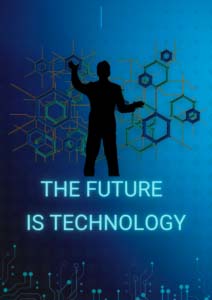
Technology is evolving at lightning speed, but one thing remains timeless: the power of human connection.
In an era where artificial intelligence can automate tasks and algorithms can predict behavior, what sets us apart? Our ability to understand, relate to, and inspire others.
The World Economic Forum report underscores this reality: emotional intelligence (EQ) is no longer a “nice-to-have.” It’s a must.
Reflect on this – machines may process data, but they can’t read between the lines of an anxious email or sense when a colleague needs encouragement. They don’t understand the unspoken words in a conversation or the weight of a sigh before someone says, “I’m fine.”
But you can. And that gives you an edge.
Here’s how to sharpen that edge:
- Communication Skills: Whether it’s crafting a compelling email, leading a team meeting, or simply listening with intent, your ability to communicate will always set you apart.
- Collaboration: The world is more connected than ever. Working seamlessly across cultures, time zones, and digital platforms is essential.
- Empathy: The ability to step into someone else’s shoes; to truly understand their fears, hopes, and struggles; is a game-changer. It’s what makes great leaders, trusted colleagues, and unforgettable human beings.
- Authenticity: People crave realness. In a world full of filters and facades, being genuinely you builds trust, deepens relationships, and creates lasting impact.
As automation takes over repetitive tasks, emotional intelligence will become the currency of the future; the skill that keeps you indispensable, no matter where technology takes us.
So, myl question is: Are you nurturing the one thing that AI can never replace?
4. Thriving in a Changing World: Adaptability
Imagine trying to navigate a river that’s always changing course. That’s today’s job market. What worked yesterday won’t necessarily work tomorrow.
Employers don’t just want skills; they want people who can learn, unlearn, and relearn. Those who see change not as a threat, but as a chance to grow.
A growth mindset is no longer optional. It’s the key to staying ahead.
- Learn fast. Be curious. Seek knowledge beyond your current role.
- Unlearn limitations. Challenge outdated habits and assumptions.
- Relearn with purpose. Stay open to new technologies, perspectives, and ways of thinking.
The world belongs to those who are flexible, forward-thinking, and fearless in the face of change.
The world is changing. Fast. The question is: Are you ready to change with it? Stay open. Stay curious. Stay adaptable. And you won’t just survive; you’ll thrive.
The Power of Cross-Cultural Competence: Thriving in a Connected World
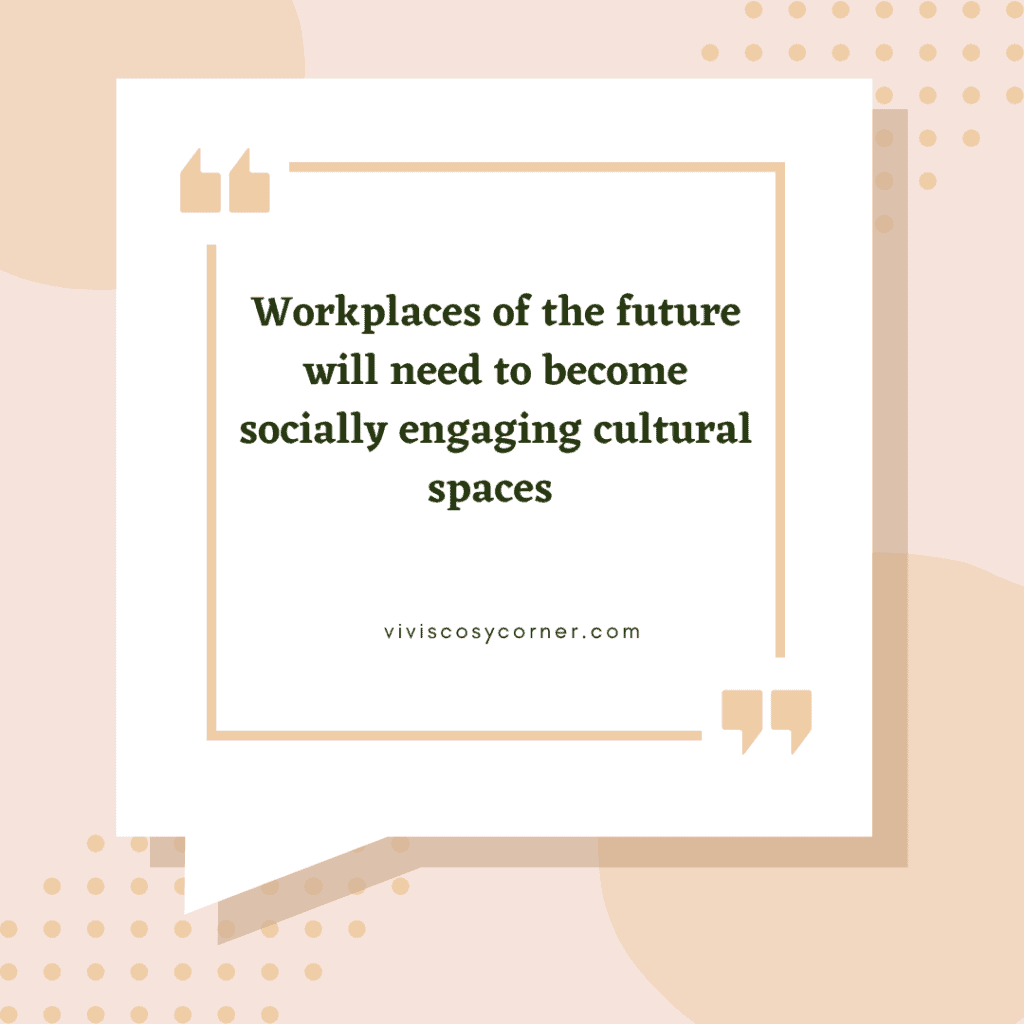
The world is no longer a collection of isolated communities – it’s a borderless marketplace of ideas, collaboration, and innovation. Whether you’re leading a global team, working with international clients, or simply navigating an increasingly diverse workplace, cross-cultural competence is a necessity and an asset.
Although, it’s not just about knowing different customs or speaking multiple languages. True cross-cultural competence begins with self-awareness – the courage to examine our own values, beliefs, and biases. Because when we understand ourselves, we open the door to truly understanding others.
So, how do you cultivate this essential skill?
- Cultural Awareness – It starts with curiosity. Recognizing our own cultural background and biases while remaining open to learning about others. Every culture brings something unique to the table – what can you learn today?
- Cultural Intelligence (CQ) – More than just knowledge, CQ is the ability to adapt. It’s about reading the room, recognizing unspoken cultural cues, and responding with flexibility and respect.
- Effective Communication – Words matter, but so do gestures, tone, and timing. Sometimes, what’s left unsaid is just as powerful as what’s spoken. Whether it’s learning a new language or tuning into non-verbal cues, adaptable communication is key.
- Empathy in Action – Can you step into someone else’s shoes; not just to understand their words, but to truly feel their perspective? Active listening, patience, and validation go a long way in bridging cultural gaps.
- Respect for Diversity – It’s not about erasing differences; it’s about valuing them. Diversity fuels creativity, innovation, and resilience. When we move beyond stereotypes and embrace different perspectives, we create space for stronger relationships and smarter solutions.
- Navigating Conflict with Sensitivity – Disagreements are inevitable, but how we handle them determines the outcome. Mediation, negotiation, and cultural sensitivity help turn potential conflicts into opportunities for deeper understanding and collaboration.
The future belongs to those who can navigate complexity with an open heart and mind. In a world that thrives on connection, cross-cultural competence is about building a more inclusive, respectful, and united global community.
So, my challenge to you: How will you step beyond your comfort zone today?
6. Tech-Savvy Leadership: The Future Belongs to Adaptable Leaders
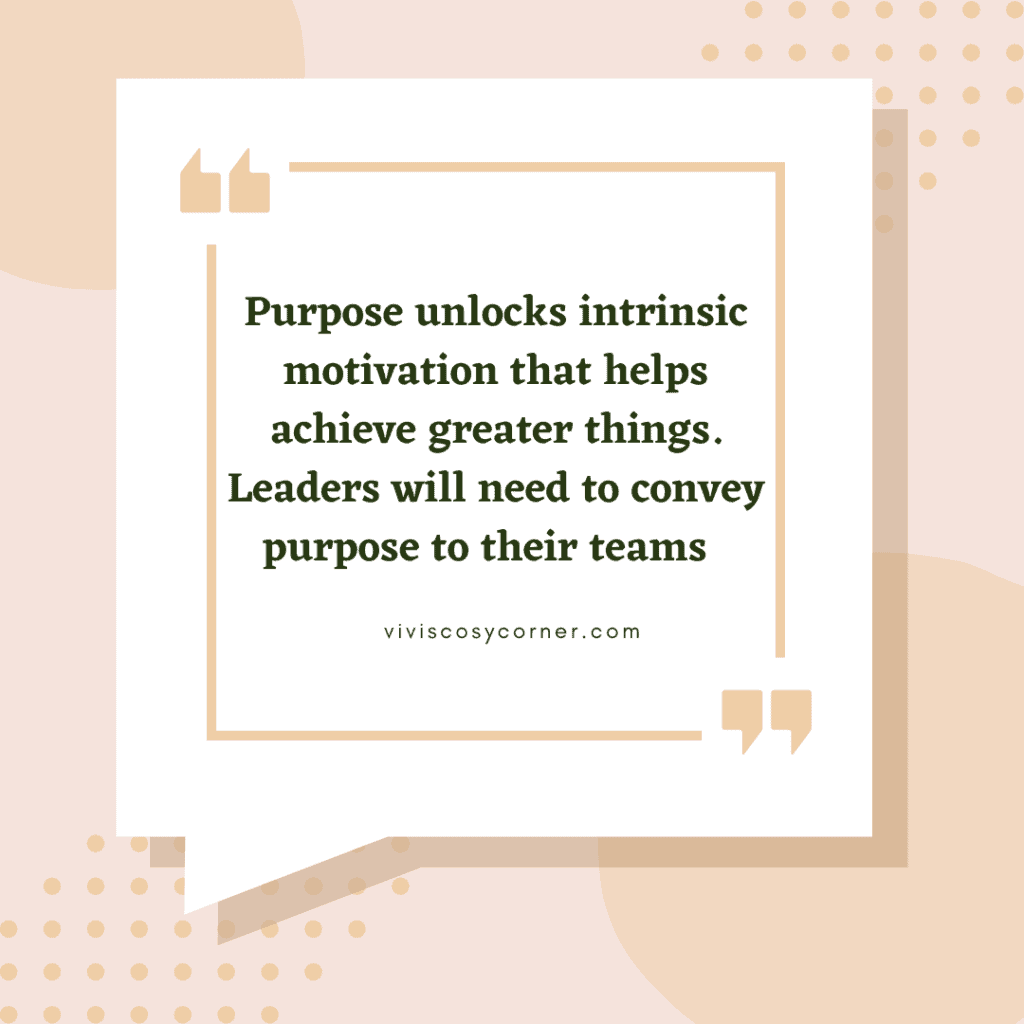
The future of leadership isn’t just about vision and charisma; it’s about understanding technology, embracing change, and guiding teams through an ever-evolving digital world. The leaders of tomorrow won’t just be decision-makers but navigators of complexity, champions of innovation, and architects of progress.
But here’s the catch: You don’t have to be a tech expert to be a tech-savvy leader. You just need the curiosity to learn, the wisdom to adapt, and the courage to lead in uncertain times.
So, what does it take to lead in the digital era?
- Leadership in Every Role – Leadership isn’t just for those with a title. It’s about taking initiative, building trust, and inspiring those around you. Whether you’re managing a team or working on a project, leading with confidence and adaptability makes all the difference.
- Entrepreneurial Mindset – Think like a problem-solver, act like an innovator. Opportunities don’t just appear; you create them. The ability to spot trends, embrace risks, and turn ideas into action is what sets game-changers apart.
- Sustainability & Environmental Awareness – The future of business is green. From energy-efficient practices to ethical sourcing, leaders who prioritize sustainability will drive long-term success. Being tech-savvy isn’t just about AI and automation; it’s also about making responsible choices for the planet.
- A Global Mindset – The world is interconnected. Decisions made in one corner of the globe ripple across industries, economies, and communities. Leaders who stay informed, think beyond borders, and embrace diverse perspectives will shape the future.
Tech-savvy leadership is about more than just understanding new tools but about using them to create a better, more inclusive, and forward-thinking world. So, my question for you is: Are you ready to lead the future?
Technology is evolving, industries are transforming, and the skills that once guaranteed success are no longer enough.
So, how do you stay ahead? By growing, adapting, and embracing the future with confidence.
The truth is, there’s no single formula for success. Different careers demand different expertise. But one thing is clear; those who develop a mix of technical know-how, emotional intelligence, and problem-solving skills will be the ones who thrive.
- Lifelong Learning is Non-Negotiable – The most successful people aren’t just skilled; they’re curious. They never stop learning, unlearning, and relearning. Your ability to grow will determine your ability to succeed.
- Technology is a Tool; Use It Wisely – AI, automation, data analytics aren’t just buzzwords. They’re shaping the future of work. The more you understand and leverage them, the more valuable you become.
- Emotional Intelligence is Your Superpower – In an age of digital transformation, the ability to connect, lead, and collaborate sets people apart. Machines can process data, but they can’t build trust, inspire teams, or lead with empathy. That’s where you shine.
The road ahead won’t always be easy. But those who embrace change, invest in their skills, and stay open to new possibilities will shape their own success.
So ask yourself: Are you preparing for the future; or waiting for it to happen to you?
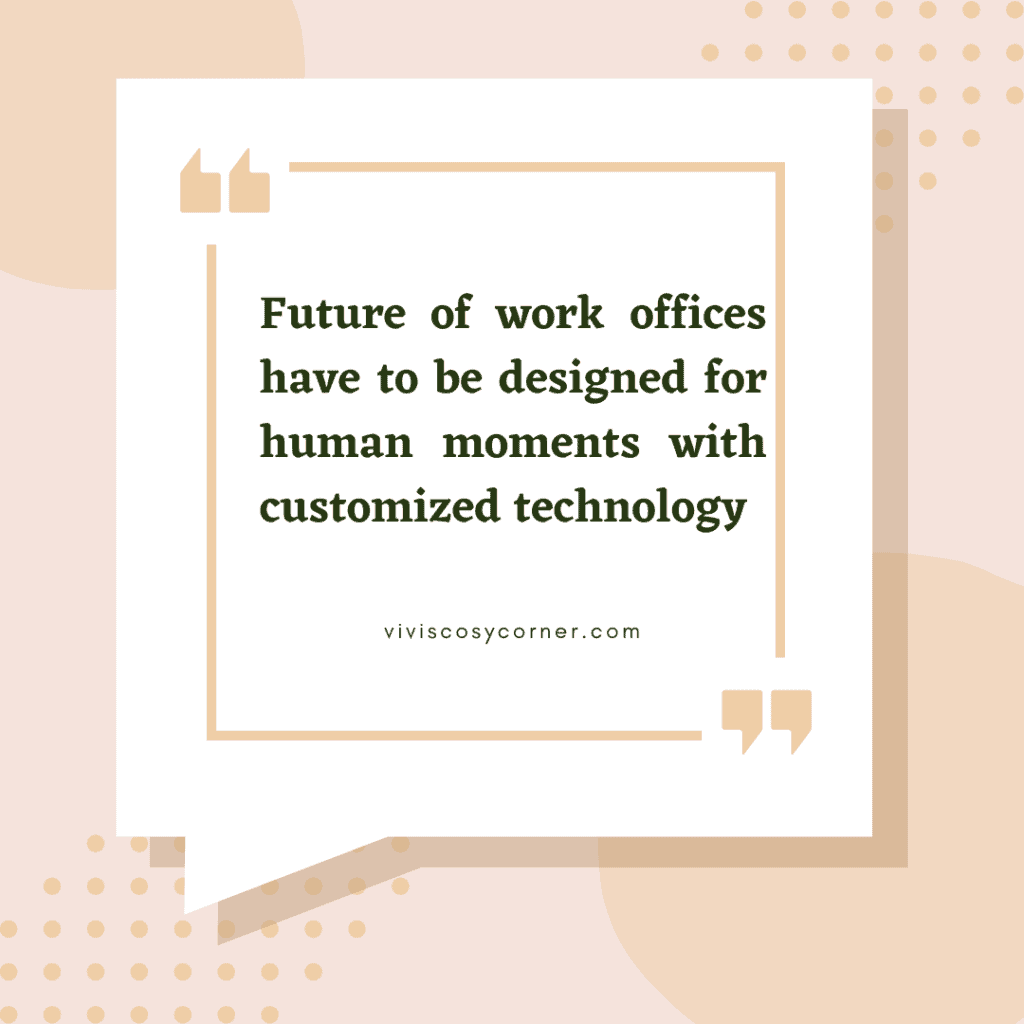
Future-Proofing the Workforce: How Organizations and Schools Are Preparing for What’s Next
The world of work is shifting beneath our feet. Automation, AI, and globalization are rewriting the rules, and the biggest question isn’t if jobs will change but how we’ll keep up.
The good news? Businesses, schools, and policymakers aren’t sitting still. They’re rolling up their sleeves, rethinking education, and prioritizing skills that actually prepare people for the future. Here’s how:
Upskilling And Reskilling In The Workplace
- Corporate Training with a Purpose: Forget generic workshops. Companies are now investing in hands-on, high-impact training that teaches employees the tech, leadership, and adaptability skills they need to thrive.
- Learning at Your Fingertips: With platforms like Coursera and LinkedIn Learning, education is no longer confined to classrooms. Employees can learn on-demand, at their own pace, ensuring continuous growth.
- Business + Education = A Powerful Duo: Forward-thinking companies are partnering with universities to create custom training programs that match real-world industry needs.
- Mapping Skills, Not Just Job Titles: It’s not enough to know what’s missing; smart organizations use skill mapping to pinpoint gaps and create personalized growth plans for their teams.
- Cultural Competence Is A Must-Have, Not a Nice-to-Have: In a world where remote teams span continents, cultural intelligence is just as important as technical know-how. Companies are investing in training that fosters cross-cultural collaboration and respect.
The Takeaway? Adaptability Wins.
The future of work isn’t about what you know today but about how fast you can learn tomorrow. Organizations that prioritize upskilling, adaptability, and collaboration will thrive.
My question for you is: Are you ready to evolve with it?
Preparing the Next Generation for a Future We Can’t Predict
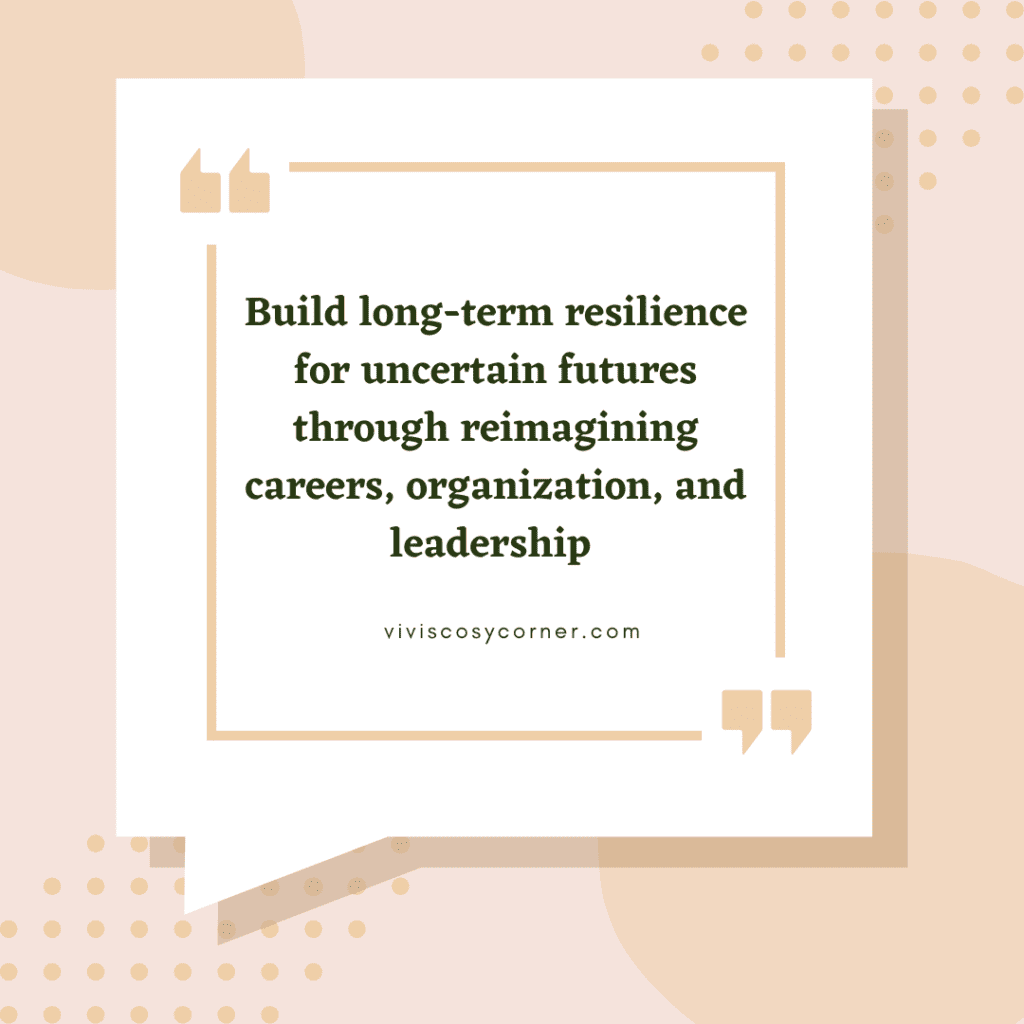
The jobs our kids will step into tomorrow may not even exist today. So, how do we prepare them for an uncertain future? By teaching them how to think, adapt, and create.
Here’s how education is evolving to meet the challenge:
1. A Smarter Curriculum for a Smarter World
Schools are moving beyond rote learning. Critical thinking, problem-solving, digital literacy, and creativity are becoming the pillars of modern education. And with STEM (Science, Technology, Engineering, Math) on the rise, students are learning to build, innovate, and experiment; not just recite facts.
2. The Rise of Soft Skills
Technical skills may open doors, but soft skills keep them open. Employers now value communication, teamwork, and adaptability just as much as technical know-how. Schools are weaving collaboration, leadership, and resilience into everyday learning because in the real world, how you work with people matters.
3. Learning Beyond the Classroom
The best lessons don’t happen behind a desk. Internships, apprenticeships, and hands-on projects are helping students bridge the gap between theory and practice. Real-world exposure builds confidence, experience, and a problem-solving mindset – things a textbook just can’t teach.
4. Career Guidance That Looks Forward, Not Backward
The “safe” careers of the past aren’t always the best bets for the future. That’s why career counseling is shifting; guiding students toward emerging industries, in-demand skills, and personal strengths instead of just traditional job titles. The goal? To help young people make informed, future-proof choices.
5. Tech-Savvy Learning for a Tech-Driven World
From AI-powered tutors to virtual reality labs, education is embracing technology like never before. Online simulations, coding boot camps, and digital collaboration tools are giving students hands-on experience with the technologies that will shape their future careers.
6. The Mindset That Matters Most: Lifelong Learning
If there’s one skill that will always be relevant, it’s the ability to keep learning. Schools are shifting focus from “knowing” to curiosity, adaptability, and resilience. The best-prepared students aren’t just those with the right skills today, but those who know how to evolve with tomorrow.
The world won’t slow down but we can help the next generation keep up, stay ahead, and thrive. It’s not just about preparing them for a job. It’s about equipping them for a lifetime of growth, challenges, and reinvention.
So, how are you preparing your children for the future? By showing them how to think, learn, and lead.
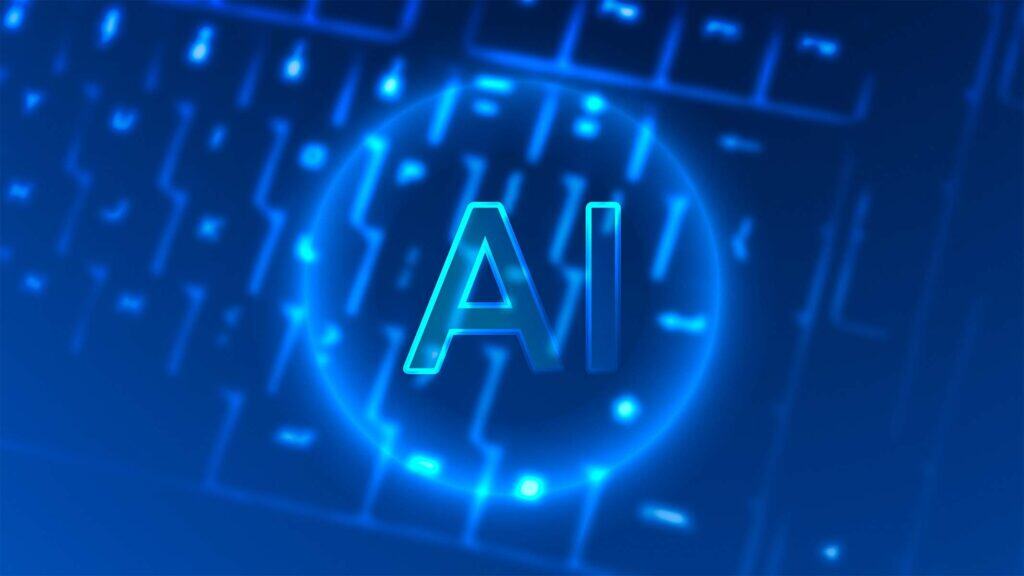
Building a Future-Ready Workforce: The Role of Government and Policy Initiatives
The future of work is changing faster than ever. Automation, artificial intelligence, and shifting global economies are reshaping the job landscape, leaving many workers feeling uncertain about what’s next. But here’s the good news: we don’t have to face these challenges alone.
Governments, businesses, and educational institutions have a unique opportunity and responsibility, to work together to create a future where everyone can thrive. By investing in the right policies and initiatives, we can build a resilient, adaptable workforce ready to tackle whatever comes next.
Here’s how:
1. Public-Private Partnerships: Collaboration is Key
No single entity can solve the challenges of the future alone. That’s where public-private partnerships come in. By bringing together governments, businesses, and educational institutions, we can create comprehensive upskilling programs that prepare workers for the jobs of tomorrow.
Imagine a world where businesses identify the skills they need, educational institutions design training programs to meet those needs, and governments provide the funding and support to make it all happen. That’s the power of collaboration.
2. Policy Support for Education and Training
Governments have a critical role to play in shaping the future of work. By creating policies that incentivize businesses and educational institutions to invest in training and upskilling, they can ensure that workers have access to the tools they need to succeed.
For example, tax incentives for companies that offer employee training programs or grants for schools that develop cutting-edge curricula can make a huge difference. When governments prioritize education and training, they’re not just investing in individuals; they’re investing in the future of the economy.
3. Research and Forecasting: Staying Ahead of the Curve
The job market is constantly evolving, and staying ahead of the curve requires data-driven insights. Governments can fund research to identify emerging trends, ensuring that educational and training programs are aligned with future needs.
By understanding which industries are growing, which skills are in demand, and which jobs are at risk of automation, we can create targeted programs that prepare workers for the opportunities and challenges of tomorrow.
4. Social Safety Nets: Supporting Workers in Transition
Change is never easy, especially when it comes to our careers. For workers facing job displacement, social safety nets can provide a lifeline. Financial support, career counseling, and access to retraining programs can help ease the transition and ensure that no one is left behind. These safety nets are about empowering workers to rebuild their careers and find new opportunities in a changing world.
The Power of Collaboration
The future of work is an opportunity. An opportunity to rethink how we approach education, training, and employment. An opportunity to build a society that values lifelong learning and adaptability.
But to seize this opportunity, we need to work together. Governments, businesses, and educational institutions must join forces to create a future where everyone has the skills, support, and opportunities they need to thrive.
What role do you think governments, businesses, and educational institutions should play in shaping the future of work?
Do you recognize the skills essential for the future of work?
Are you actively adapting to the changes and gearing up for what’s ahead?
How are you empowering your young talent or team members to thrive?
Share your thoughts in the comments below; I’d love to hear your perspective!
Thank you for being a VCC reader.

